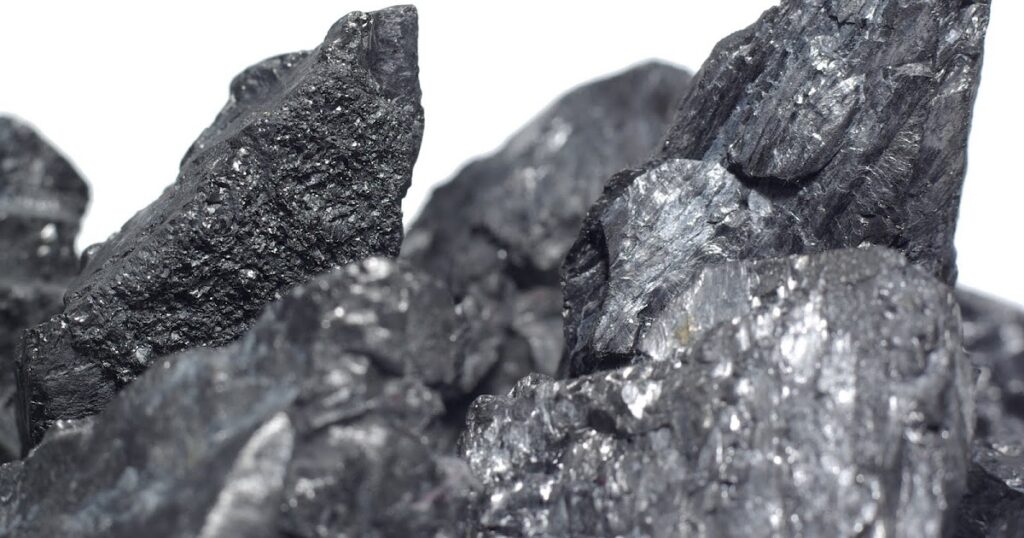
For now, trade relations between Australia and China are sketchy at best. Therefore, Australia has started looking for other markets to ship commodities like ore and coking coke, one such market being India. However, over the past few months, the world has learned that many Indian steel mills have replaced “costlier” Australian coking coal with alternatives.
Data from the Indian Trade Ministry shows that the country had imported a huge bulk of its coke from countries like Indonesia, Russia, and the US. According to a Hindu BusinessLine report, the bulk of imports still come from Australia. That said, there are now more viable, cheaper options.
Altogether, Australian coke imports dropped over 18% from April to November to 23.6 million tons (MT). Year over year, this represents a drop of 5.3 MT. In the same period, imports to India from Indonesia, Russia, and the US increased by 187%, 138%, and 163%, respectively.
India Plans to Cut Reliance on Foreign Coking Coal
Coking coal is used to produce coke, which is a porous, solid carbon material. The finished coke is used as a fuel and a reducing agent in the production of iron and steel. High-quality coking coal has a low impurity content and a high carbon content, making it ideal for metallurgy.
India is the world’s second-largest producer of crude steel. Therefore, it needs a steady supply of coking coal. Currently, India imports about 90% of its coal requirement. However, several initiatives are underway to increase local production of raw coking coal to 140 MT by 2030. In fact, the GoI has already identified four coking coal blocks in a bid to step up production.
Indonesia supplied 1.84 MT in the April–November period. Russia also sent 1.67 MT, while imports from the US stood at 5.50 MT. In fact, reports indicate that supplies from Canada were up 26%, while Mozambique saw a 36% increase in orders.
Indian steel mills began looking at alternatives after the price of hit a high of US $620 per ton in March of last year. According to estimates, the annual average price for 2022 clocked in at $390 per ton against $260 per ton in 2021.
One of the many reasons for this uptick was supply disruptions due to heavy rains in Australia. Then Russia invaded Ukraine, leading to the West imposing sanctions on Russia. This soon forced Europe to start getting its coking coal from Australia.
India is also banking on the state-owned Coal India Ltd (CIL) which has planned to increase raw coking coal production from existing mines by up to 26 MT. The company has identified nine new mines with a Peak Rate Capacity of about 22 MT. It hopes to step up capacity by financial year 2024-25.
source:https://oilprice.com/
